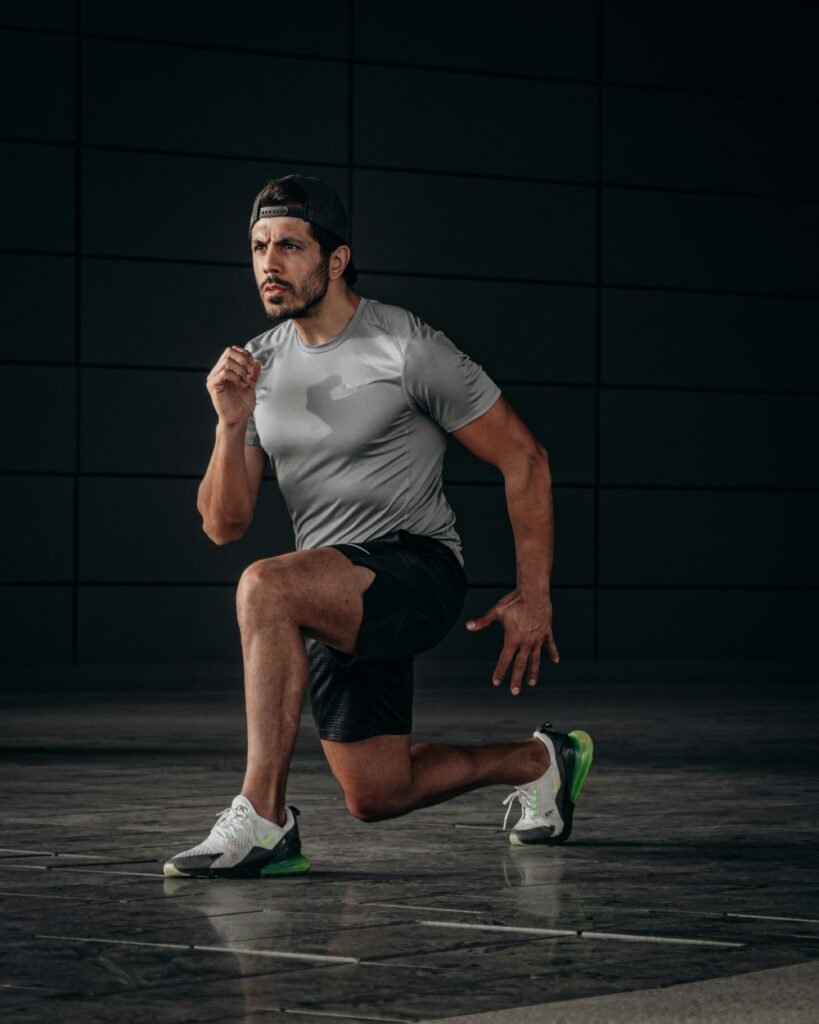What Is Physical Fitness, And Why Does It Matter?
If you’ve ever wondered what physical fitness is all about and why it’s essential for your health and well-being, you’ve come to the right place. In this article, we’ll break down what physical fitness is, why it’s important, and how you can improve your fitness levels. Let’s get started!

Understanding Physical Fitness
Physical fitness refers to the ability of your body to perform daily tasks without undue fatigue. It involves several components, including cardiovascular endurance, muscular strength, flexibility, and body composition. In other words, being physically fit means having the strength, endurance, and flexibility to carry out activities efficiently and effectively.
Why Is Physical Fitness Important?
Physical fitness is crucial for overall health and well-being. Regular physical activity can help prevent chronic diseases such as heart disease, diabetes, and obesity. It can also improve your mental health by reducing stress, anxiety, and depression. Additionally, being physically fit can enhance your quality of life by increasing your energy levels and improving your sleep patterns.

The Benefits of Being Physically Fit
Being physically fit offers a wide range of benefits that can positively impact every aspect of your life. Some of the key benefits of physical fitness include:
- Improved cardiovascular health: Regular exercise can strengthen your heart and lungs, reducing your risk of heart disease and stroke.
- Enhanced muscular strength: Strong muscles can help protect your joints, improve your posture, and reduce your risk of injury.
- Increased flexibility: Being flexible can improve your range of motion, prevent muscle imbalances, and enhance your overall physical performance.
- Improved body composition: Maintaining a healthy body composition can help you control your weight, reduce body fat, and increase muscle mass.
- Enhanced mental health: Exercise releases endorphins, which can boost your mood, reduce stress, and improve your cognitive function.
- Better sleep: Physical activity can help regulate your sleep-wake cycle, leading to more restful and rejuvenating sleep.
How to Improve Your Physical Fitness
If you’re looking to enhance your physical fitness levels, there are several steps you can take to achieve your goals. Here are some tips to help you get started:
-
Set realistic goals: Establish specific, measurable, achievable, relevant, and time-bound (SMART) goals to keep you motivated and on track.
-
Start slowly: Begin with low-impact exercises, such as walking or swimming, and gradually increase the intensity and duration of your workouts.
-
Incorporate a variety of exercises: Include cardiovascular, strength training, and flexibility exercises in your fitness routine to target different muscle groups and improve overall fitness.
-
Stay consistent: Aim for at least 150 minutes of moderate-intensity exercise per week, spread out over several days, to maintain and improve your physical fitness levels.
-
Listen to your body: Pay attention to any signs of pain, discomfort, or fatigue during exercise and adjust your routine accordingly to prevent injury.
-
Stay hydrated: Drink plenty of water before, during, and after your workouts to keep your body hydrated and fuel your performance.

Tracking Your Progress
Monitoring your progress is essential for staying motivated and making adjustments to your fitness routine. There are several ways you can track your physical fitness levels, including:
-
Keeping a workout log: Record the type, duration, and intensity of your workouts to track your progress over time and identify areas for improvement.
-
Measuring your heart rate: Use a heart rate monitor to measure your heart rate during exercise and ensure you’re working at the right intensity for optimal results.
-
Monitoring your weight and body measurements: Keep track of your weight, body fat percentage, and other body measurements to gauge changes in your body composition.
Setting Realistic Fitness Goals
Setting realistic fitness goals is essential for long-term success and sustainability. Instead of focusing solely on weight loss or aesthetic outcomes, consider setting goals that are specific, achievable, and meaningful to you. For example, you might aim to run a 5K race, complete a certain number of push-ups or sit-ups, or improve your flexibility by touching your toes. By setting realistic and attainable goals, you’ll be more likely to stay motivated and committed to your fitness journey.
Conclusion
In conclusion, physical fitness plays a significant role in your overall health, well-being, and quality of life. By understanding what physical fitness is, why it’s important, and how you can improve your fitness levels, you can take proactive steps to enhance your physical and mental health. Remember to set realistic goals, stay consistent, and listen to your body to achieve long-lasting results. Take care of your body, prioritize your health, and enjoy the many benefits of being physically fit.